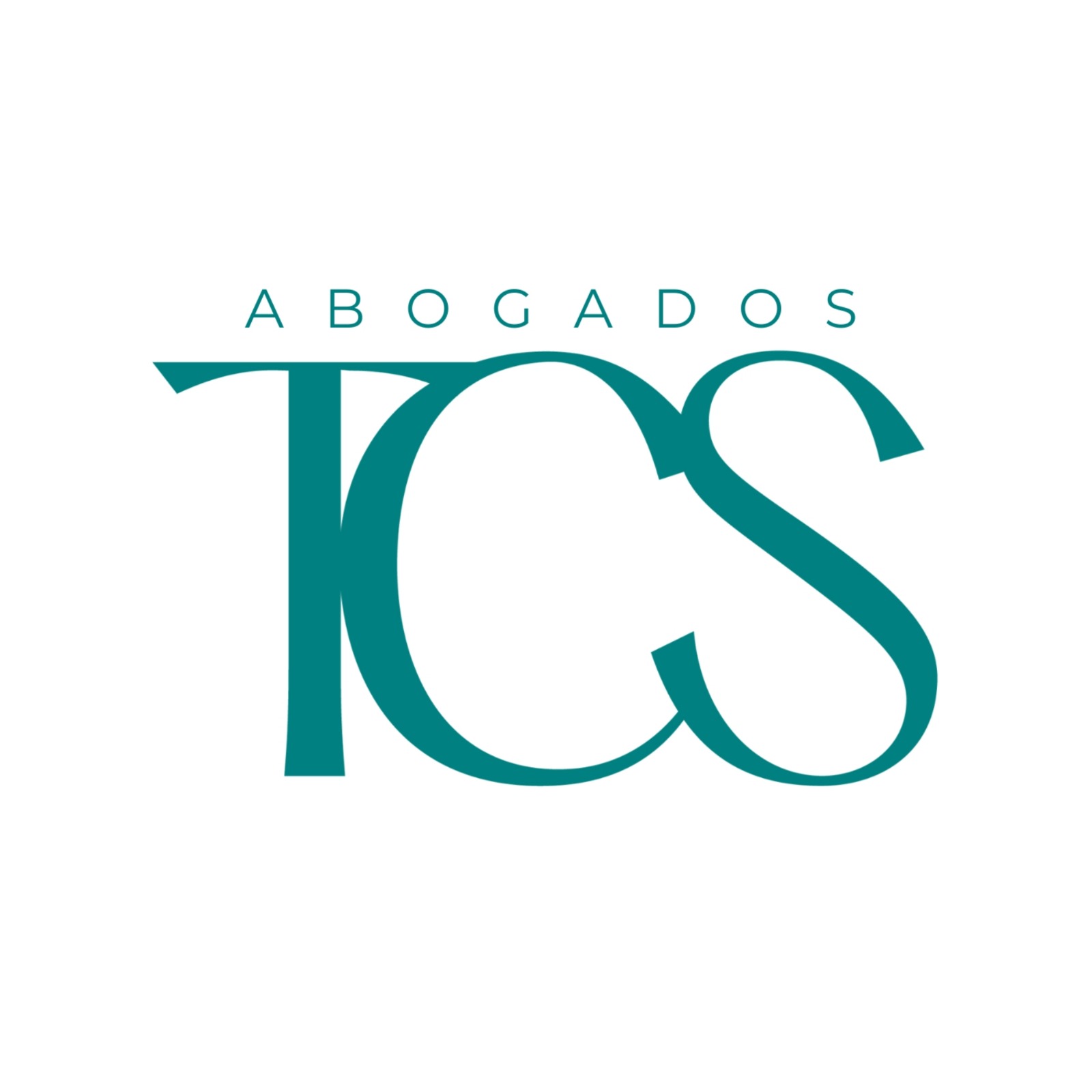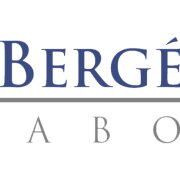Best New Business Formation Lawyers in Santo Domingo
Share your needs with us, get contacted by law firms.
Free. Takes 2 min.
List of the best lawyers in Santo Domingo, Dominican Republic
About New Business Formation Law in Santo Domingo, Dominican Republic:
New Business Formation in Santo Domingo, Dominican Republic, is regulated by various laws and regulations that aim to facilitate the establishment of businesses while ensuring compliance with local requirements. Understanding the legal framework is essential for anyone looking to start a business in Santo Domingo.
Why You May Need a Lawyer:
You may need a lawyer for New Business Formation in Santo Domingo if you require assistance with drafting legal documents, navigating local regulations, understanding tax obligations, protecting intellectual property, or resolving disputes with partners or competitors. A lawyer can provide valuable guidance and representation throughout the formation process.
Local Laws Overview:
New Business Formation in Santo Domingo is governed by the Commercial Code, which outlines the requirements for establishing different types of businesses, such as corporations, partnerships, and sole proprietorships. It is essential to comply with registration, licensing, and tax obligations to operate legally in the Dominican Republic.
Frequently Asked Questions:
1. What are the different business structures available in Santo Domingo?
In Santo Domingo, you can establish a corporation, partnership, or sole proprietorship to conduct business legally. Each structure has unique requirements and implications for liability, taxation, and ownership.
2. Do I need a business license to operate in Santo Domingo?
Yes, you will need to obtain a business license from the local government to operate legally in Santo Domingo. The specific requirements vary depending on the type of business and industry.
3. What are the tax implications of starting a business in Santo Domingo?
Starting a business in Santo Domingo involves understanding and complying with local tax laws. You may be subject to income tax, value-added tax, and other levies depending on the nature of your business activities.
4. How can I protect my business's intellectual property in Santo Domingo?
You can protect your business's intellectual property in Santo Domingo by registering trademarks, patents, and copyrights with the appropriate authorities. A lawyer can help you navigate the legal requirements and enforce your intellectual property rights.
5. What are the steps to register a business in Santo Domingo?
The steps to register a business in Santo Domingo include choosing a business structure, obtaining a tax identification number, drafting legal documents, and registering with the Chamber of Commerce and industry-specific authorities.
6. Can a foreigner start a business in Santo Domingo?
Yes, foreigners can start a business in Santo Domingo by following the same procedures as Dominican citizens. However, there may be additional requirements for foreign investors, such as obtaining a visa or residency permit.
7. What are the legal requirements for hiring employees in Santo Domingo?
Employers in Santo Domingo must comply with labor laws regarding minimum wages, working hours, social security contributions, and employee benefits. It is essential to understand and fulfill these obligations when hiring staff for your business.
8. How can a lawyer help me with New Business Formation in Santo Domingo?
A lawyer can provide valuable legal advice, draft and review contracts, represent you in negotiations, resolve disputes, and ensure compliance with local laws and regulations throughout the process of New Business Formation in Santo Domingo.
9. What are the consequences of non-compliance with New Business Formation laws in Santo Domingo?
Non-compliance with New Business Formation laws in Santo Domingo can result in fines, penalties, legal disputes, and the suspension or closure of your business. It is crucial to adhere to the regulations to avoid these consequences.
10. How can I find a reliable lawyer for New Business Formation in Santo Domingo?
You can find a reliable lawyer for New Business Formation in Santo Domingo by seeking recommendations from trusted sources, conducting online research, and scheduling consultations to evaluate their expertise, experience, and compatibility with your legal needs.
Additional Resources:
For additional resources related to New Business Formation in Santo Domingo, you can refer to the Chamber of Commerce, the Ministry of Industry and Commerce, the General Directorate of Internal Taxes, and legal associations such as the Dominican Bar Association for guidance and assistance.
Next Steps:
If you require legal assistance with New Business Formation in Santo Domingo, it is advisable to consult with a qualified lawyer who specializes in business law. A lawyer can analyze your specific circumstances, provide tailored advice, and help you navigate the legal complexities of starting a business in Santo Domingo effectively.
Lawzana helps you find the best lawyers and law firms in Santo Domingo through a curated and pre-screened list of qualified legal professionals. Our platform offers rankings and detailed profiles of attorneys and law firms, allowing you to compare based on practice areas, including New Business Formation, experience, and client feedback.
Each profile includes a description of the firm's areas of practice, client reviews, team members and partners, year of establishment, spoken languages, office locations, contact information, social media presence, and any published articles or resources. Most firms on our platform speak English and are experienced in both local and international legal matters.
Get a quote from top-rated law firms in Santo Domingo, Dominican Republic — quickly, securely, and without unnecessary hassle.
Disclaimer:
The information provided on this page is for general informational purposes only and does not constitute legal advice. While we strive to ensure the accuracy and relevance of the content, legal information may change over time, and interpretations of the law can vary. You should always consult with a qualified legal professional for advice specific to your situation.
We disclaim all liability for actions taken or not taken based on the content of this page. If you believe any information is incorrect or outdated, please contact us, and we will review and update it where appropriate.














